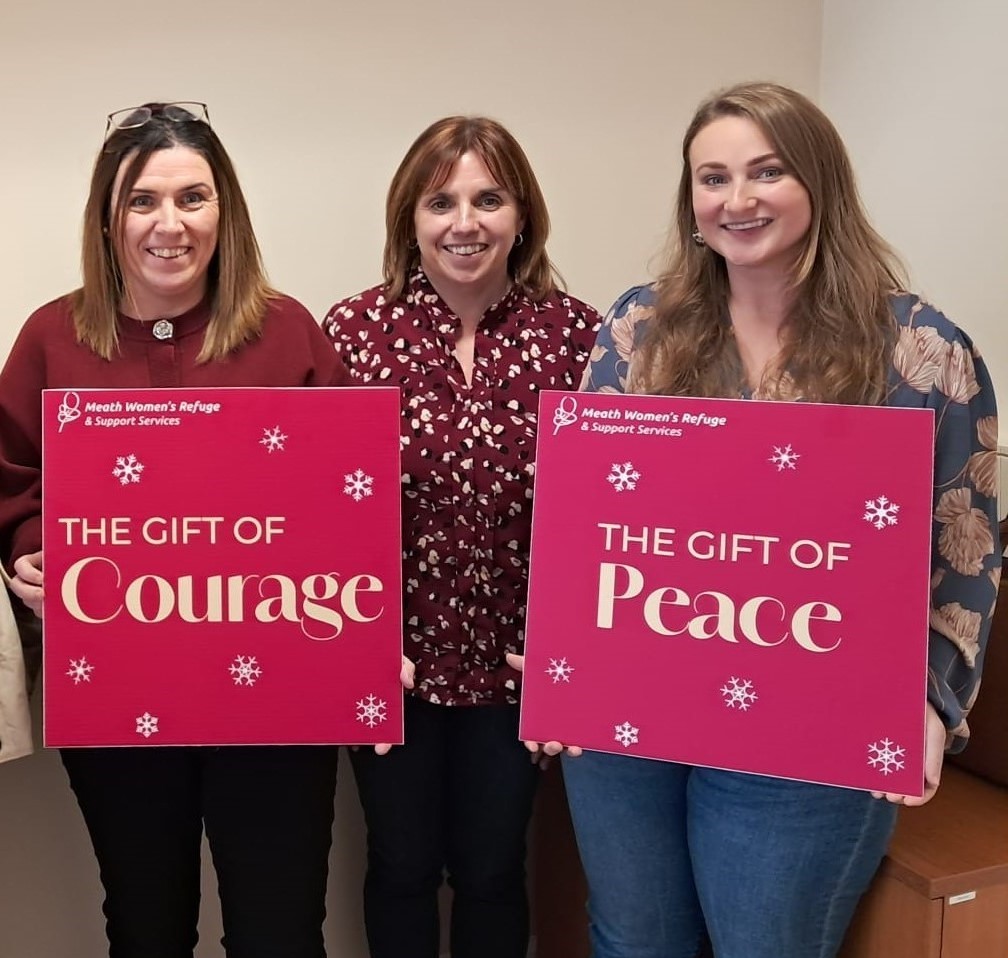New report urges expanded supports for children and young adults experiencing domestic violence and abuse
00.jpg)
“Children are afraid to speak up in general. I have a lot of mates that I have tried talking to… They don’t speak up about it [domestic violence and abuse]” – child, research participant
A new report, launched today has found that children who have been impacted by domestic violence and abuse feel supported, safe and listened to when engaging with the Child and Youth Programme Community at the Meath Women’s Refuge and Support Services (MWRSS). The ‘Truly Be Me’ report, conducted by the School of Nursing and Midwifery, Trinity College Dublin and commissioned by the MWRSS, examines the practice and impact of the programme since it began in 2018.
The full report is available here.
The main consideration of the research was to elevate and centre children’s voices, to clearly show that they have distinct needs that must be addressed separately from adult survivors.
One of the most significant findings of the evaluation was how safe children felt when engaging with the programme. The children, aged 7 to 16 years, are best able to engage with therapeutic work, reflect, and begin healing when their basic safety needs are met. The programme fosters a feeling of safety for children and facilitates the development of strong therapeutic relationships between participating children and the Child and Youth Support Workers at MWRSS. This evaluation offers proof that recovery is possible. With the right supports, children can rebuild trust, confidence and emotional stability.
Researchers point to the need for interagency collaboration between domestic violence services, social work, family justice systems and schools to create environments where children feel secure enough to begin recovery. This has important implications for both practitioners and policy makers - without a safe and supportive environment, even the best designed interventions may struggle to reach their full potential. The timing of referral and support must align with each child's readiness and context, not just service availability.
The research also demonstrates that there is a need to raise awareness of the existing supports that are available to women and children who experience domestic violence and abuse through engagement with local schools, health services, Tusla, relevant community organisations and Garda stations. This will help to raise awareness in relation to children’s experiences of domestic violence and abuse and how they can be best supported in their recovery.
The research team examined possible ways to support the programme’s growth and development into the future. The authors of the report strongly emphasise the need for a commitment from Government to expand and fund wider service provision within specialised domestic violence services for the children and young people who have experiences of domestic violence and abuse.

.png)


